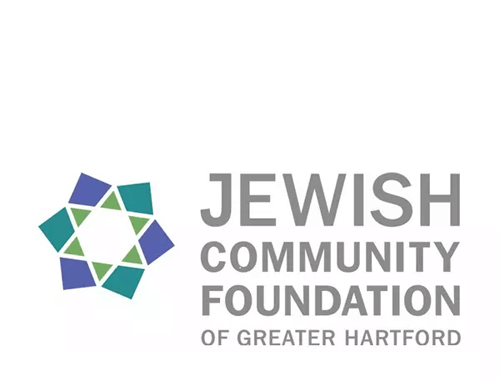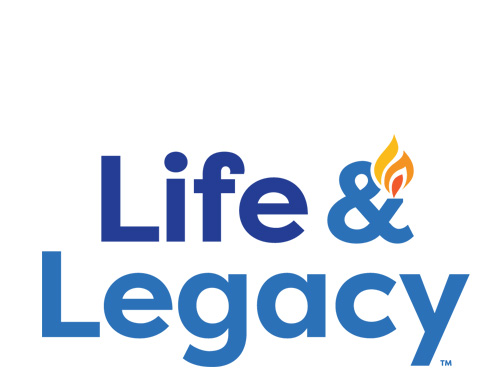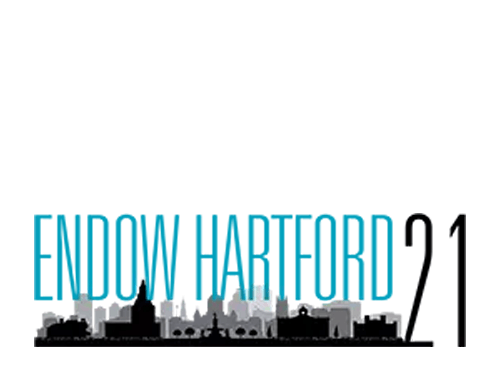Schechter Shavua: December 6, 2021
A Seamless Connection Between Jewish Learning and the Reggio Approach…A Perfect Fit for Schechter’s Early Childhood Program
The Reggio Emilia approach is an innovative early childhood education philosophy first developed in Italy after World War II, based on the beliefs that children begin to form unique personalities during the early years of childhood development and express their ideas and interests in a variety of ways (“a hundred languages”.) This unique approach has grown over many decades to be recognized as one of the best educational programs for young children worldwide.
Shared Philosophies of Judaism and The Reggio Emilia Approach
The Reggio approach views children as highly capable learners who ask penetrating questions, develop creative hypotheses, and challenge conventional thinking. The cornerstone to Reggio Emilia is the belief that learning is defined by the ability of young children to wonder and question.These same views are integral to Jewish educational belief, as found throughout the Torah (parents are instructed to teach their children) and in the Talmud, where readers and scholars interact with the text through almost endless questions.
Schechter’s Reggio-Inspired approach adopts the core values of Reggio Emilia, allowing us to focus on the whole child, empowering their thoughts, questions, and interests to foster a lifelong love of learning. Some reasons why we love this approach at Schechter:
- Reggio enables children to explore their curiosities and interests and can lead to a greater understanding and a greater desire to learn.
- Teachers are aware of each child’s potential; they help support and guide children throughout the journey of learning.
- Reggio-based teachers carefully observe the students to determine their interests, then introduce learning explorations and develop long-term projects. In this way, the curriculum ‘emerges’ from the students.
- Teachers are advocates for the children, working closely with colleagues and parents to foster an inviting, interesting, community-based learning environment.
- The environment is the “third teacher.” Classrooms are thoughtfully arranged to foster creative exploration, interaction, and communication. Schechter’s Reggio-Inspired classrooms are open, inviting spaces filled with natural furnishings, real-life materials, mirrors, windows, and natural lighting.
Want to learn more about Schechter’s Reggio-Inspired Early Childhood Program? Come to our Open House on December 14, 2021 at 7:30pm by registering HERE or visit our website at www.ssds-hartford.org.
Giving Tuesday: A Chance to Live Schechter’s Core Values
Many institutions “celebrate” Giving Tuesday by asking for donations to help their own cause. But at Schechter, we celebrate Giving Tuesday to practice our core values of Lev Tov (Good Heart) and Klal Yisrael (Community). Teachers and students worked throughout the day to help make a difference in our community. Together, our school made 150 snack bags for the Chrysalis Center, 20 Shabbat bags for the Anja Rosenberg Kosher Food Pantry, 8 large care packages for troops abroad, 3 trays of blondies for teenagers at The Bridge Family Center; in addition, they packed 400 Dignity Grows totes and heard from a speaker from Jewish Family Services about how they can continue to make a difference in the community. Thank you so much to the families who contributed items that made their way into these amazing care packages! Click HERE to see photos of some of our students in action on Giving Tuesday.
We were excited that Fox 61 featured Schechter in multiple segments on Giving Tuesday. To see a compilation of all the segments, click HERE.
A Chance to Celebrate and Build Community
Sunday’s Latkes and RELISH program was fantastic! Over 200 people came to our outdoor Chanukah celebration to dance, sing, eat latkes and donuts, and make connections with each other. In addition, some students got into the juggling act while others made olive oil by pressing whole olives. It was a thrill to be together after so long! Many thanks to Board President and Schechter parent Jason Kay, along with Schechter's IT Director Jamie Debicella for providing Chanukah ruach with their music! Click HERE to see photos of the Chanukah joy.
Explosive Learning in Middle School Science
Students studying plate tectonics and how the Earth is changing in Earth science simulated the formation of volcanoes by heating a beaker filled with melted wax, sand, and water. Starting with a layer of wax already in the beaker, each group of students filled the beakers with a layer of sand and water. Students then heated their beakers on a hot plate and observed the changes. As the beakers heated up, the layer of wax began to melt and it burst through the layer of sand, rose through the water, and pooled on the surface of the beakers. Using their understanding of plate tectonics, students related each of the layers in the beaker to different densities of rock in the Earth. Students also used their understanding of convection to explain why the hot wax rose through the sand and water to the surface of the beaker. Students practiced lab safety while carrying out the procedures in this experiment.
Solomon Schechter Day School
of Greater Hartford
26 Buena Vista Road
West Hartford, CT 06107
© Solomon Schechter Day School of Greater Hartford | Site design Knowles Kreative




